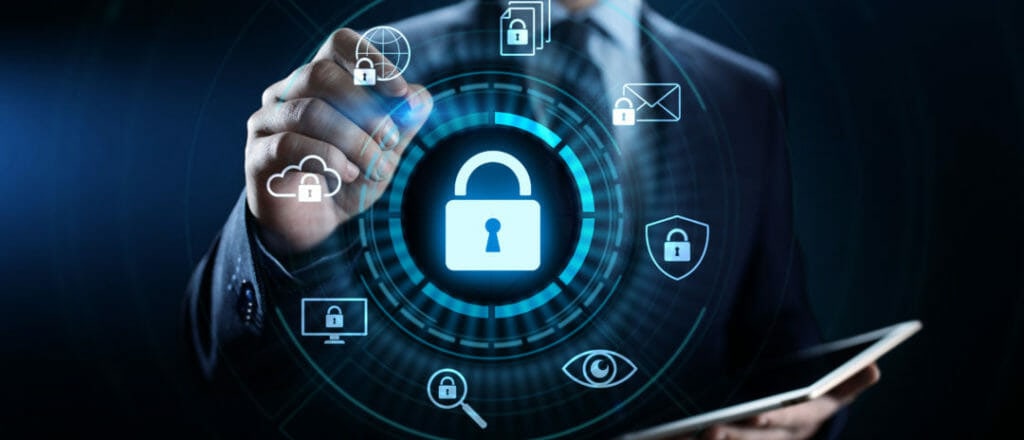As we become increasingly connected through the Internet by access through the computer, our phones, and even household devices, security has become a hot topic. Attacks can happen from any corner. What happens if someone gains control of your computer or phone? Or someone gains control of just your Google account?
On an enterprise level, attacks on computer systems can also breach millions of pieces of personal data, including credit card information. Governments are also vulnerable to attacks that expose sensitive data.
Cybersecurity involves everyone and every entity - from you and your neighbors, to organizations, to companies, to governments.
The Internet has completely revolutionized the way we communicate with each other and share information. Many of us spend hours on social media and online group chats. Nearly all institutions have some sort of computer system administration to keep track of accounts, and buying and selling things on the Internet is now the norm. One by one, even medical equipment, transportation systems, and vacuums are connected to the web.
What is Cybersecurity, exactly?
There’s no turning back, even as more connections to the Internet lead to more privacy concerns and security risks. We don’t want strangers to access our accounts, or our credit card numbers. Along with practicing personal security, organizations and businesses also need to do their part to implement the right protections.
Cybersecurity is the field of study and practice that responds to these challenges as technology evolves. In a formal definition by CISCO:
“Cybersecurity is the practice of protecting systems, networks, and programs from digital attacks.”
Digital attacks can cover a whole range from fraudulent emails to a targeted shutdown of a website’s traffic. Defenses against these attacks, then, must be learned and implemented at all levels.
Paid Tutorial Free Channel — https://t.me/cyber_stock_official

